"Me" Time Is the Best Thing You Can Do for Yourself—Here's How to Prioritize It
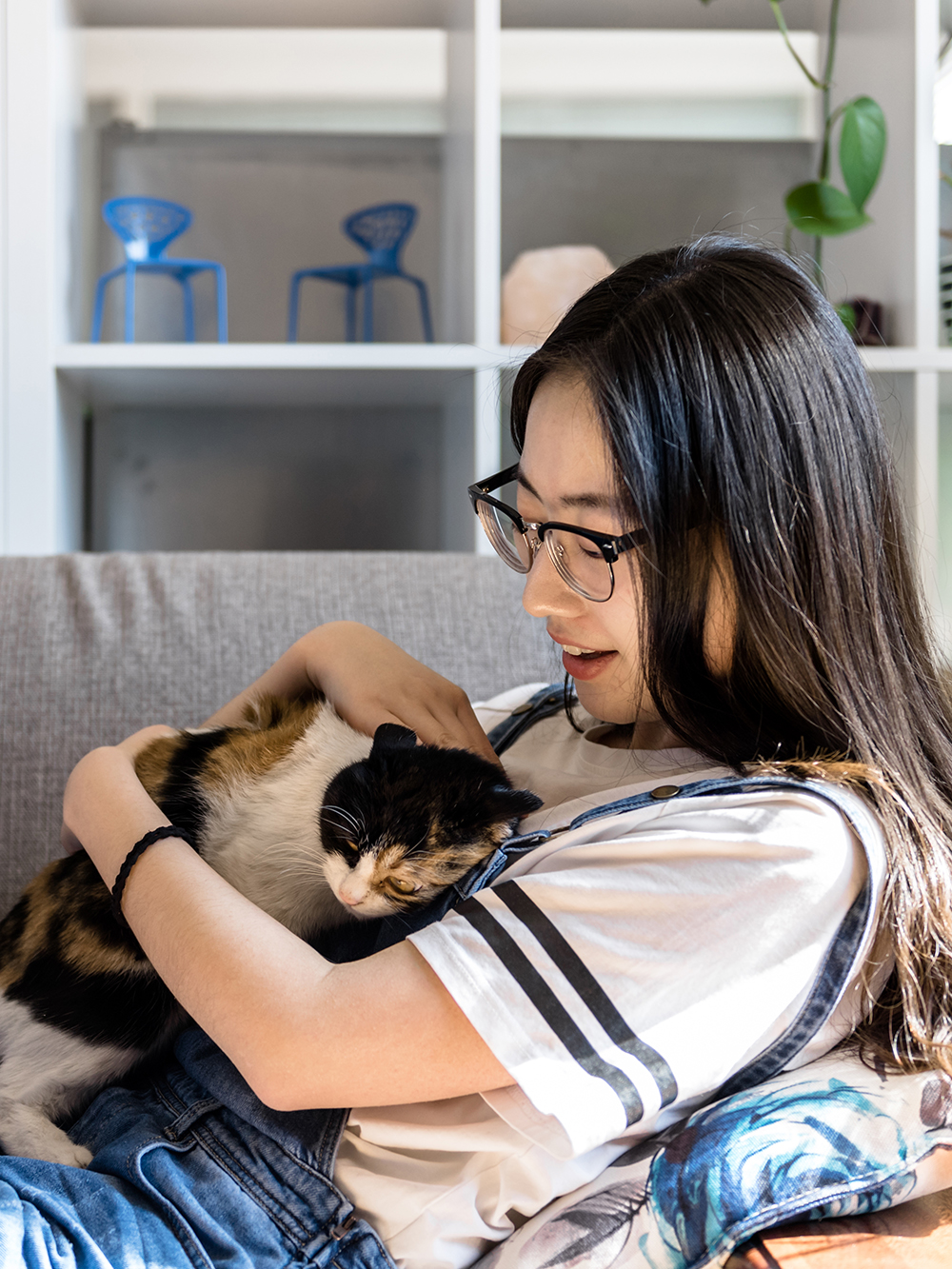
I don't need to tell you that life can get pretty hectic at times. You most likely know that. You might even be going through it at this exact moment. What I can tell you, or gently remind you, is that it's so important to set aside a few moments for yourself regularly.
Yes, when you're overscheduled, overworked, overstressed, and burnt out, it can be hard to even think about the possibility of giving yourself some "me" time. We can often neglect listening to our bodies and taking time for ourselves. We can forget to draw boundaries around time that is important for us and our self-growth. We might even feel guilty for taking that time or feel that it's selfish when there is so much going on around us. I've definitely felt all those things. But now is the perfect opportunity to reframe these thoughts around the concept of "me" time.

The truth is, if you're not taking care of yourself, you're not going to be much help to those around you, and it might actually be harder to get things done. "Creating time for yourself is essential to your emotional and physical health," explains Madeleine DiLeonardo, MEd, LPC, NCC, CCATP, a licensed professional counselor and founder of Mind Body and Soul by DiLeonardo Wellness. "Without this restorative time, we can become burnt out, experience increased feelings of anxiety or stress, or feel unable to effectively function in other aspects of our lives."
You might find that you need some "me" time more than ever right now when tension and stress levels are higher than ever. It can be even harder to find a moment if you're quarantining with others. But even just a couple of minutes can help. "When things are stressful, setting time aside to address your needs can help relieve stress," says Brittney Cobb, MSW, LCSW, founder of Be Well Mental Health Consulting Services. "Be kind to yourself. Remember you are surviving a pandemic. Find ways to practice gratitude. Think about some things you are grateful for at the moment. Eat to fuel your body, not your feelings."
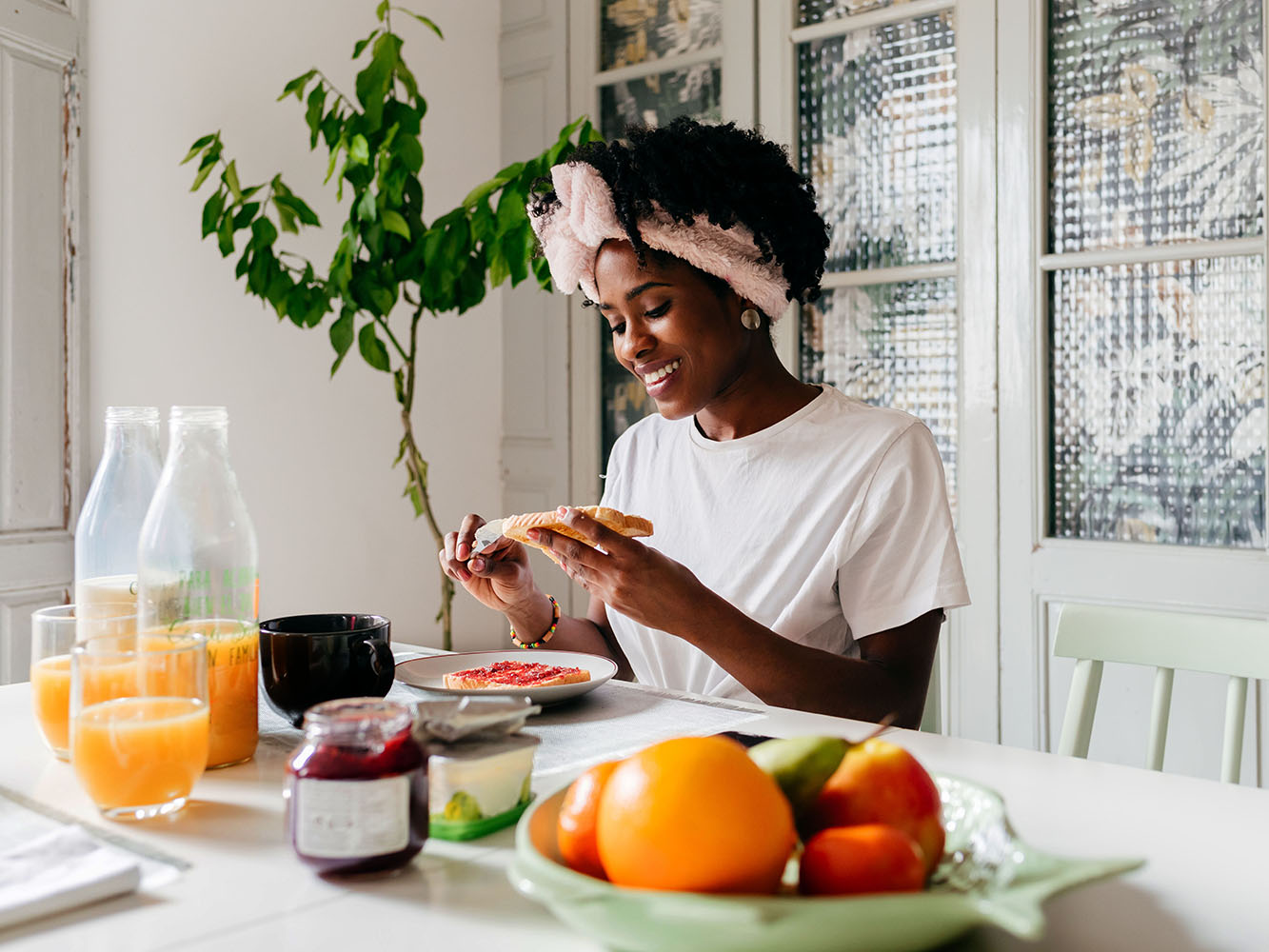
When I started doing research and interviews for this story, I found it a little funny because, since I live by myself, I've been quarantining alone and have had no problem scheduling "me" time. It seems that I have all the time in the world to spend with myself right now. But when I thought about it more, I realized that a lot of my downtime involved Netflix, baths, books, naps, and cooking. Although all those things are great forms of self-care, I wasn't tapping into my emotions or checking in with myself.
So I found out that there are different types of "me" time. Meghan Watson, MA, registered psychotherapist and managing director at Bloom Psychology Wellness, says she sees two sides to this. Sometimes, "me" time can be more active, where you're introspective and focused on connecting to who you are and what you need to, which can involve journaling. In other situations, it can mean zoning out in front of the TV or just relaxing. Both are okay to do. It just depends on what you need at that very moment.
How to Prioritize "Me" Time
If you're having trouble setting aside time for yourself, there are some steps you can take to ensure you're getting those moments in for your mental health. We asked experts to share some tips with us.
1. Set Clear Boundaries for Yourself

You can start by figuring out what your boundaries and limits are, which will, in turn, help you find the time. "Start with setting clear boundaries with yourself," suggests speaker and therapist Minaa B., LMSW. "What's taking up most space? What are you constantly saying yes to that takes you away from spending time with yourself? When it comes to self-care, what are your needs? Where do you feel energized, and where do you feel depleted? This helps you to recognize what areas of your life are in need of care and nurturing. Commit to this being a daily practice until it becomes a habit rooted in discipline."
Sometimes, you might need to set physical boundaries, especially if you've been quarantining with others. Cobb says it might be saying to those in your household, "When my door is closed, please knock first." Or it might be coming up with an agreement that honors everyone's needs. "Think about when the best time could be for you to have alone time. Is it at night when everyone winds down? First thing in the morning when everyone is asleep?" Cobb says.
2. Remember It's Not Selfish
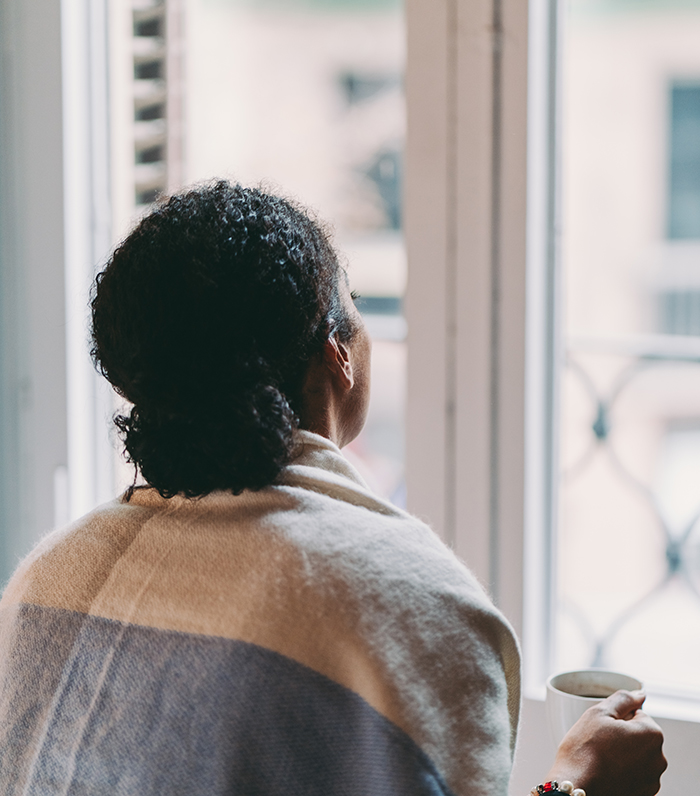
It's time to say goodbye to the notion that "me" time is selfish. "I see so many parents and partners who feel like they just don't have the time to focus on themselves. You cannot pour into everyone else from an empty cup," says Jordan Madison, LCMFT, creator of Therapy Is My JAM. "So while you may be thinking it's not that important or other things on your to-do list come first, that is not the case. Like the well-known self-care author Alex Elle states, 'I can't be anything to anyone if I am nothing to myself.'"
Cobb adds that we should start to think about "me" time as a basic human need and see it as a nonnegotiable.
3. Schedule It
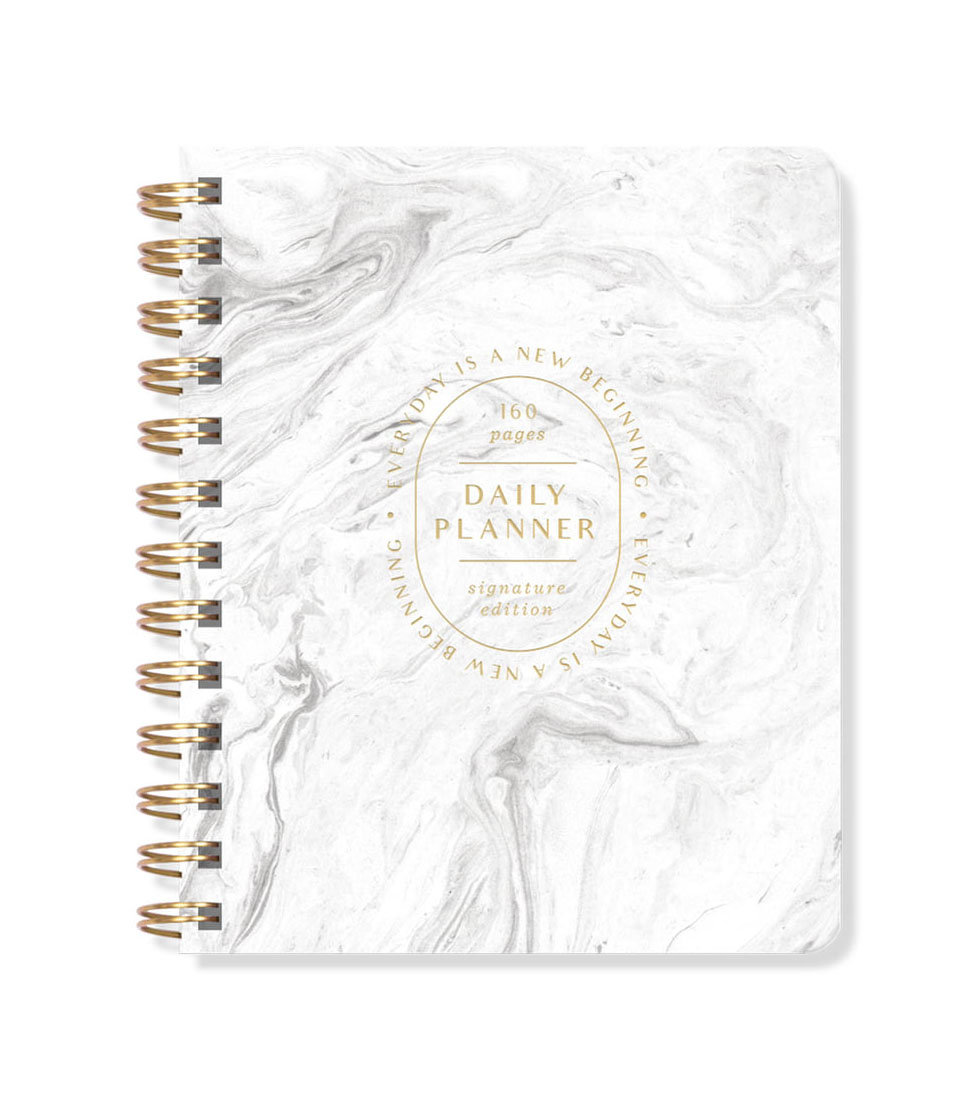
Madison suggests blocking out time on your calendar so you don't get interrupted. You can also start small by setting aside a few minutes each day to yourself and then gradually increasing the time if you need it.
The way you can make it a priority is to make a plan. "I think the thing that really is most important with 'me' time is that we plan vacations, parties, weddings, get-togethers, shopping trips, but we don't prepare for 'me' time," Watson says. "And it's always last minute. It's always the last thing that we think about. It's always the bottom of our to-do list. And so prepare for 'me' time. Set the schedule for you to have things for yourself and plan activities that you want to do and plan to do it all. Set the time."
4. Take Inventory of the Prior Week
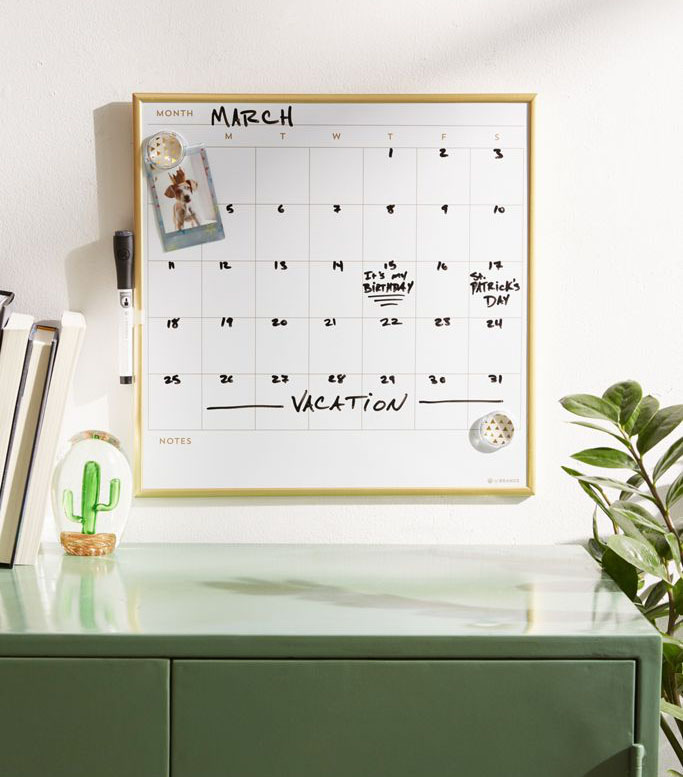
You can use what happened in the past week to inform what you need in the current week. It can help you plan out your alone time. DiLeonardo suggests taking inventory of the prior week and determining if you met your needs and spent enough time prioritizing the things that you value. And if not, ask yourself what you can shift this week.
5. Know the Difference Between Work and Downtime
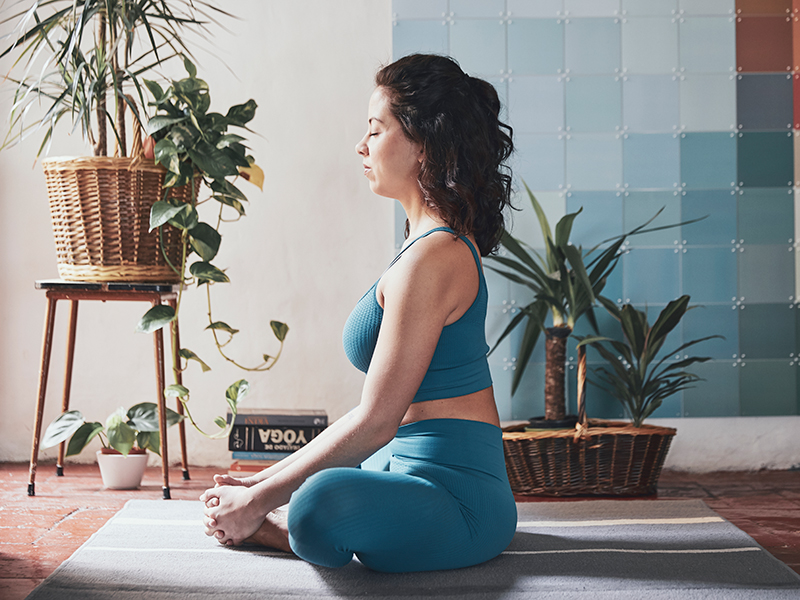
We all have different ways of taking care of ourselves and relaxing, so figure out what this time for yourself should be. Watson says it's important to know what is and isn't work and what is and isn't "me" time. Sometimes, unwinding can involve reading things on your phone or computer, but then, you might get distracted with work emails or documents. This might mean turning off your notifications for a bit or putting your phone on Do Not Disturb mode. "Clarifying that is really, really important," she adds. "Even the tasks that seem unrelated can be associated. But it really depends on the type of work that you do and the type of demands that you have with your family and your loved ones."
6. Hold Yourself Accountable

Keeping yourself accountable is always helpful. "I think it's about being intentional," Cobb says. "Make time for yourself on purpose. Write it down, set alarms, put it on your calendar, place sticky notes on your mirror. It might also help to find someone to help you remain accountable. This could be a friend, significant other, or a therapist. It helps to have someone support you and ask, 'Did you make time for yourself today?' This could also be a question you ask yourself."
7. Listen to What You Need
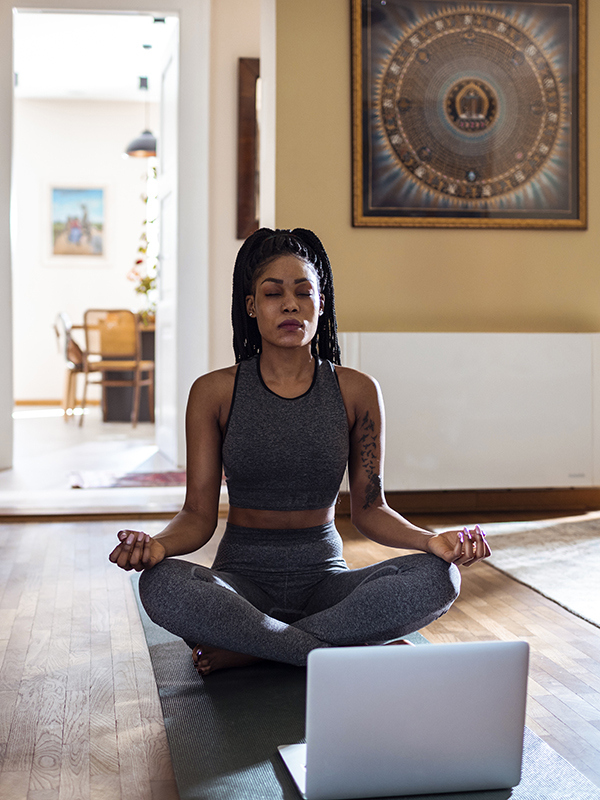
I told Watson that, sometimes when I'm spending my downtime, I feel guilty or I feel that I should be doing something for myself like journaling or working out. While holding yourself accountable is important, Watson recommends really listening to yourself and enjoying your "me" time without judgment or criticism. So you can ask yourself what feels good for you. "You are more likely to get things done when you give yourself the time and the freedom and the releasing of judgment to do things that you need to do for yourself in that moment," she adds.
8. Think of What Recharges You

Much like the tip above, this one is about thinking about what really helps you feel refreshed and recharged. "If you're wondering what to do when you take time alone, the answer is to do whatever restores you," Madison says. "Maybe it means relaxing and watching your favorite movie or going for a walk, journaling, practicing yoga, or just having quiet time without your phone."
9. Name Why It Matters to You
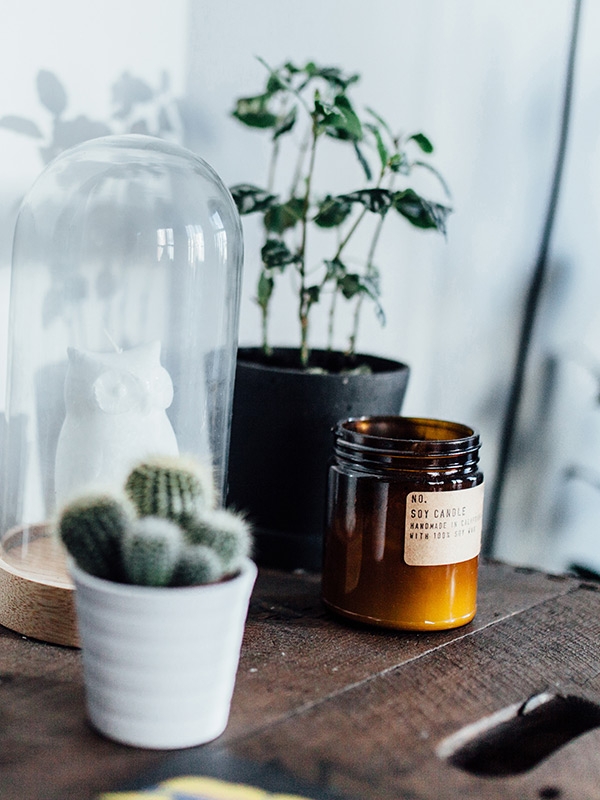
Thinking about why this time is important can help you connect more with the practice or ritual. "I cannot stress enough that knowing your why and understanding your purpose, drive, and motivation—and being okay with that however it shows up—is ultimately the biggest hurdle to get over before doing anything for yourself or setting a boundary or a limit with anyone."
10. Practice Doing Nothing
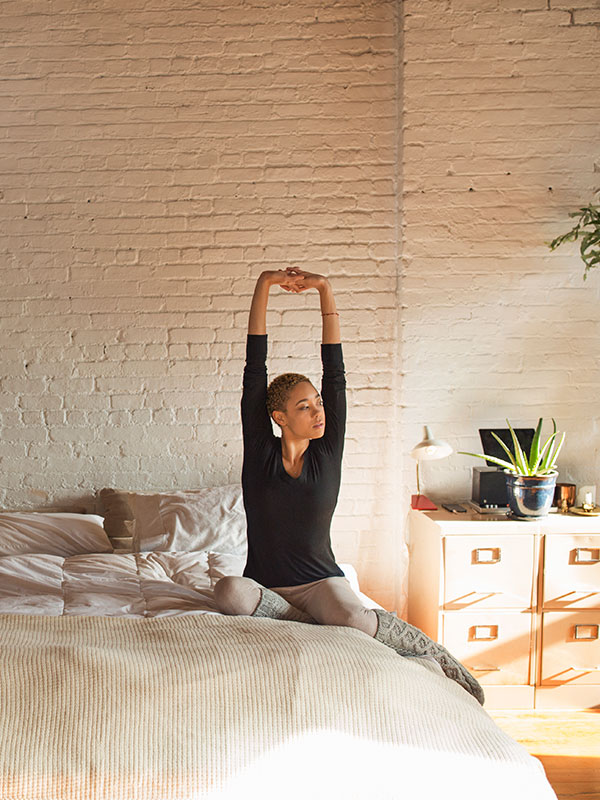
It can be hard for a lot of us to sit around when we're so used to being in "go" mode. Watson says she gives her clients the homework of being bored, and they look at her funny. "Please reconnect with boredom. Reconnect with stillness. Reconnect with doing nothing when you want to do everything," she explains. "Because if you don't start to recognize and get comfortable with the feeling of boredom, you are never going to be able to sit still. And a life without stillness is a life without creativity."
DiLeonardo also reminds clients that not having plans doesn't mean they're available. That's so important because sometimes those around you can take advantage of your free time. "You do not need to constantly be on the go, and time for yourself should be scheduled and respected in the same way that plans with someone else typically are," she adds.
11. Use Affirmations
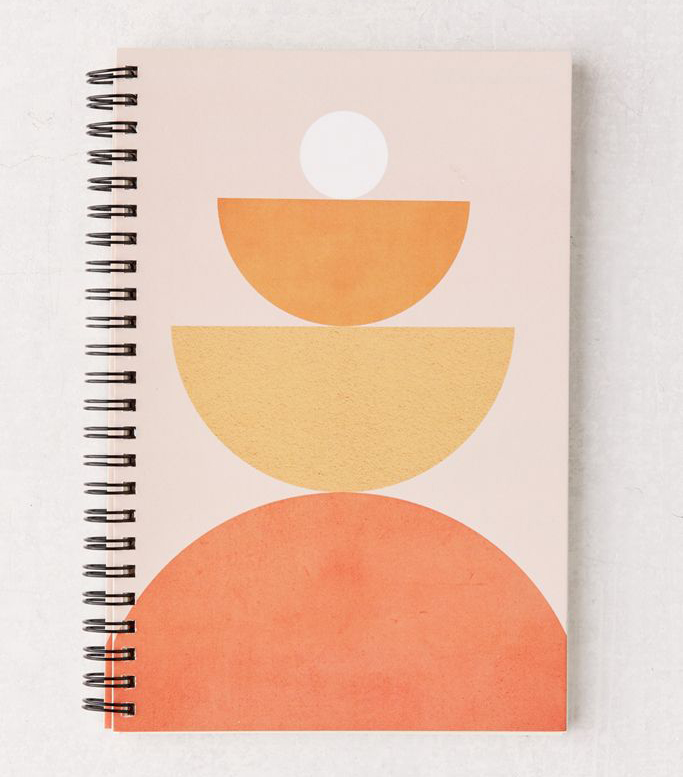
If you're having trouble feeling comfortable with your "me" time, you can use affirmations to help. "Come up with a few affirmations to remind yourself, like 'I am doing my best to prioritize my needs right now,' or 'It is necessary for me to take some time for myself today,'" Cobb says. "Remember why you need "me" time. Without it, you may feel less focused, more distracted, fatigued, burnt out, deprived, irritable, and impatient. Remembering the 'why' sometimes helps us think about our needs in the moment."
12. Treat Yourself in Small Ways
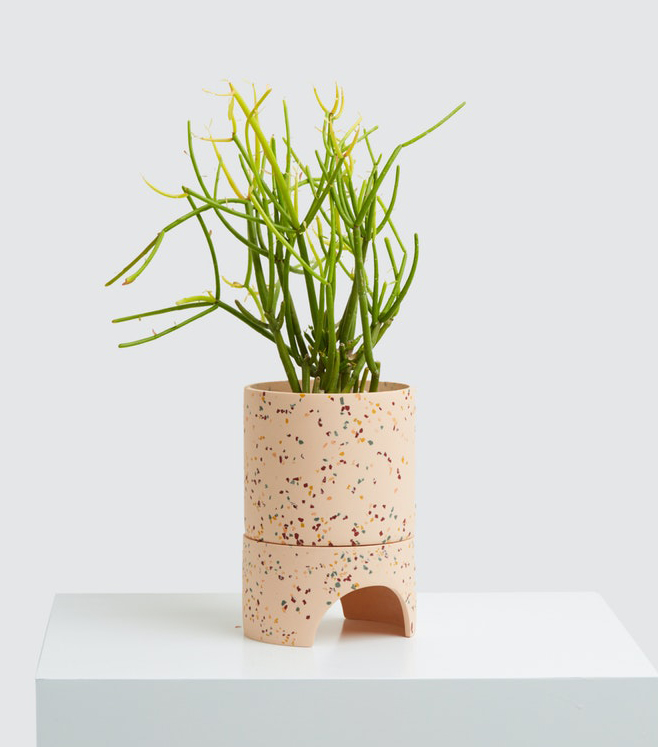
Small treats or gifts for yourself can make the time feel more meaningful. Obviously, we're not talking every time—but when you really need it. "Try to think about small ways you can treat yourself. If you would purchase flowers for a friend who is having a hard week, why not do the same for yourself!" DiLeonardo says.
13. Take a Mental Health Day

Sometimes, you need more than a couple of minutes, so give yourself the opportunity to have a free day if you can. "Take a mental health day or afternoon and just sit with yourself with no pressure to do anything," Watson says. "Every time you feel the urge to get up to do something, to clean, to respond… practice doing nothing."
14. Think About How You Feel Afterward

Remembering the benefits of "me" time and how much better it makes you feel can help you incorporate it into your routine, Cobb says.
15. Treat Yourself the Way You Treat Others

This is a step in loving and appreciating yourself and prioritizing your own needs. "Consider the way you treat the person or people you love most in the world and then try to treat yourself the same way in terms of prioritizing you," DiLeonardo says.
Next up: It's Important to Set Healthy Boundaries—Here's How to Get Started
This article is provided for informational purposes only and is not intended to be used in the place of advice of your physician or other medical professionals. You should always consult with your doctor or healthcare provider first with any health-related questions.
Sarah is lifestyle writer and editor with over 10 years of experience covering health and wellness, interior design, food, beauty, and tech. Born and raised in Los Angeles, she attended New York University and lived in New York for 12 years before returning to L.A. in 2019. In addition to her work atBest Knockoff Luxury Clothing , she held editor roles at Apartment Therapy, Real Simple, House Beautiful, Elle Decor, and The Bump (sister site of The Knot). She has a passion for health and wellness, but she especially loves writing about mental health. Her self-care routine consists of five things: a good workout, “me” time on the regular, an intriguing book/podcast/playlist to unwind after a long day, naps, and decorating her home.